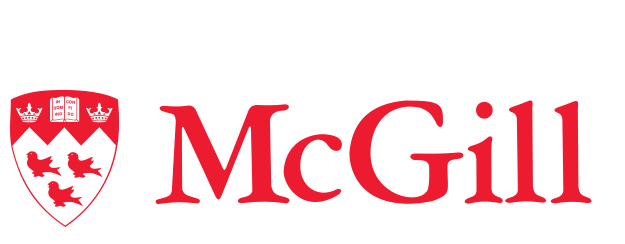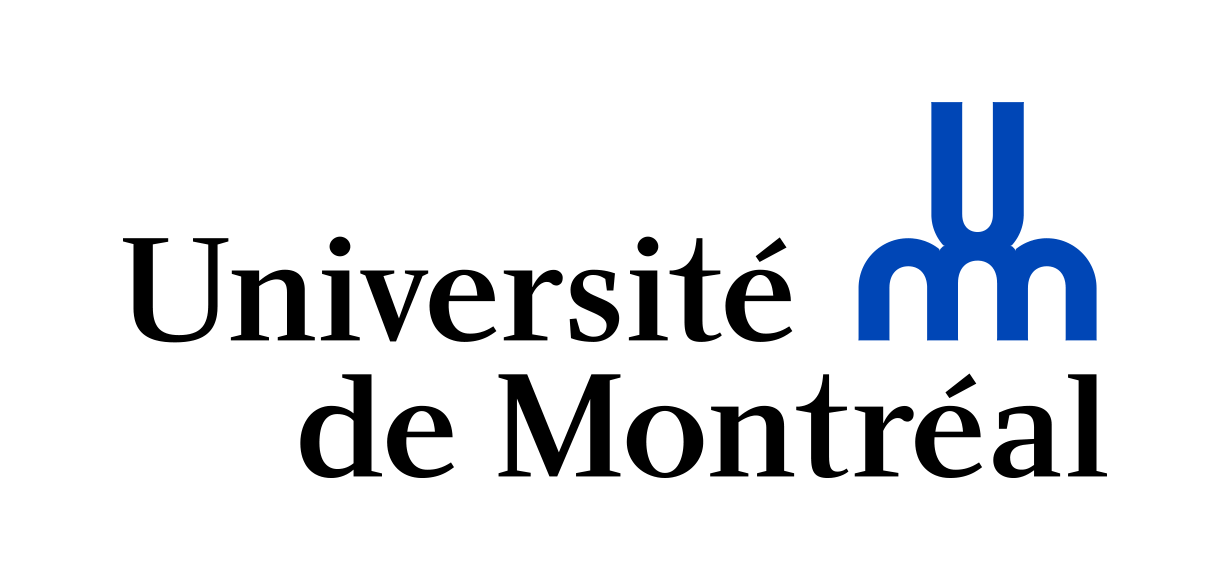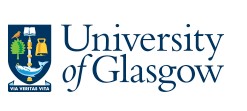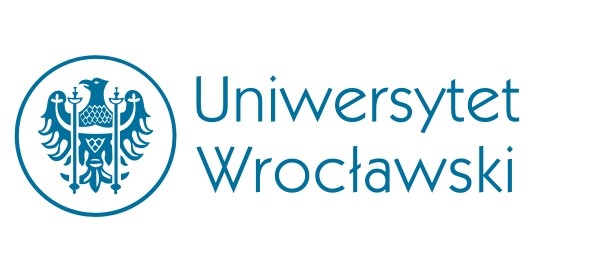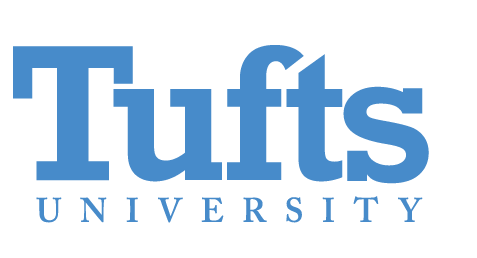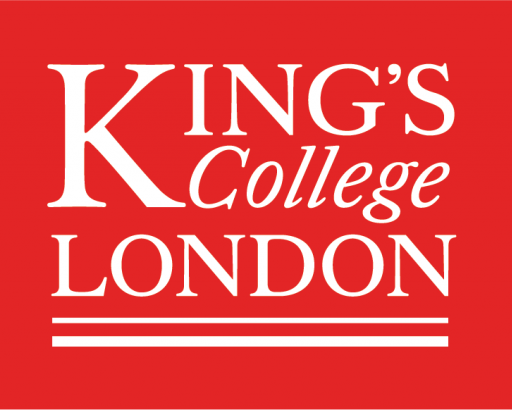Rose Hinman, Summer 2019
I am a first-year student in the Erasmus Mundus Joint Master in Central and Eastern European, Russian, and Eurasian studies program, which is convened by the University of Glasgow. Thanks to the BEAR Network Summer School Graduate Mobility Grant, I had the chance to travel to Montreal to attend the “Between the EU and Russia: Zone of Contestation” Summer School, which was organized jointly by the Université de Montréal and McGill University. For this school, we participated in sessions focusing on the securitization of state-minority relations, instruments of European and Russian influence on state-minority relations, minority activism, and nation-building in de-facto states, as well as a simulation exercise.
As I am focusing on minority politics in Georgia for my Masters’ thesis and do not have any prior background in EU policy towards the CEE/FSU region, I appreciated the opportunity to participate in in-depth discussions of these dynamics. I found the talks by Dr. Smith on the Quadratic nexus, Dr. Csergő on conditions for minority agency, and Dr. Kachuyevski on the securitization of minority rights to be particularly valuable for my upcoming thesis project. Moreover, although I am not working on de-facto states currently, Dr. Blakkisrud’s and Dr. Dembinska’s discussions of state-building and nation-building in these contexts have helped me to reconsider the politics of the Caucasus more generally, and in the case Georgia, Abkhazia, and South Ossetia, in particular.
On Saturday, we participated in a simulation exercise of Transnistria settlement talks, in which my team represented the interests of Moldova. Our peace proposal, despite support from several international actors and organizations, was not acceptable to the Transnistrian delegation or their Russian partners. This exercise proved to be an excellent didactic tool, as my colleagues and I had the opportunity to experience first-hand the challenges of negotiating, maintaining a level head despite setbacks, and assessing the goals and interests of our fellow teams.
Although the course was only one week long, between the selected readings, the high-level lectures, and the useful assignments, I found this program to appropriately rigorous and very worthwhile for me as a young scholar. The BEAR Network Summer School helped me to improve my theoretical and content knowledge on minority politics in the Central and Eastern Europe region. As a result of attending, I feel more confident as I embark upon my thesis and equipped to apply the theoretical frameworks that I was exposed to there in future studies of minority-majority relations.
Finally, I greatly appreciated the opportunity to socialize informally and make connections the network members and coordinators of the BEAR program, as well as my fellow workshop attendees. I look forward to maintaining the professional and personal connections I formed in Montreal for years to come.





